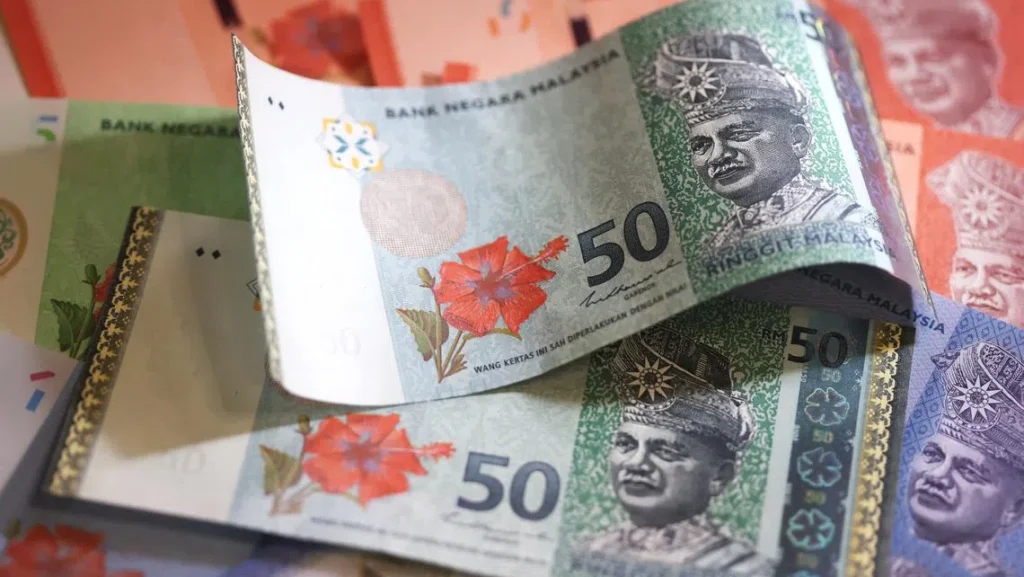New York — In an illuminating appearance at The New York Times’ DealBook Summit, Jeff Bezos, one of the world’s most prominent entrepreneurs and media figures, shared his thoughts on the evolving dynamics between politics, media, and business. With a potential second Trump presidency on the horizon, Bezos outlined his vision for fostering a healthier relationship between the press and the White House while reaffirming his commitment to innovation and journalistic independence.
Bezos opened the discussion by addressing one of the most contentious narratives of Trump’s first term: the characterization of the media as an “enemy of the people.” “I don’t think the press is the enemy,” Bezos told interviewer Andrew Ross Sorkin. “The press is not the enemy. Let’s go persuade him of this.” His remarks conveyed a sense of hope, coupled with a belief in the power of dialogue to bridge divides.
The relationship between Bezos and Trump has been marked by public spats and political clashes. Trump’s first term was defined by repeated attacks on Bezos and his companies, with the president accusing Amazon of dodging taxes and monopolizing commerce, while labeling The Washington Post as a purveyor of “fake news.” These tensions culminated in the Pentagon’s decision to deny Amazon a lucrative defense contract, a move widely seen as politically motivated.
Despite this acrimonious history, Bezos expressed optimism about working with Trump in the future, particularly on shared priorities such as deregulation. “I am very optimistic this time around,” Bezos said. “He seems to have a lot of energy around reducing regulation, and if I can help him do that, I am going to help him.” His comments highlighted a pragmatic approach, emphasizing collaboration on issues of mutual benefit while acknowledging past differences.
The summit also provided Bezos an opportunity to defend his controversial decision to end The Washington Post’s tradition of presidential endorsements, a move that provoked intense criticism both within and outside the organization. The decision, made shortly before the 2024 election, was framed by Bezos as a necessary step to preserve the paper’s credibility in an era of declining trust in media institutions.
“We knew this was going to be perceived in a very big way. These things punch above their weight,” Bezos explained, addressing the backlash that followed the decision. The fallout included the resignation of several editorial board members and a significant loss in subscriptions, yet Bezos stood by the move, describing it as a calculated effort to bolster the paper’s independence.
Bezos rejected claims that the decision was motivated by concerns over retaliation against Amazon or Blue Origin, dismissing such allegations as baseless. “That was certainly not in my mind,” he said. Instead, he focused on the broader challenges facing traditional media, noting that declining trust and shifting consumption patterns have created unprecedented obstacles for outlets like The Washington Post.
Looking ahead, Bezos expressed confidence in his ability to revitalize the newspaper. “I have a bunch of ideas, and I’m working on that right now,” he said. “I have a couple of small inventions there. So we’ll see.” His comments hinted at upcoming innovations aimed at addressing the challenges posed by a rapidly changing media landscape.
The conversation also touched on the broader intersection of technology, media, and politics. Bezos downplayed concerns about Elon Musk’s influence on Trump, emphasizing his trust in Musk’s commitment to fairness despite their competition in fields like space exploration and artificial intelligence. Meanwhile, other tech leaders, including Meta’s Mark Zuckerberg and Alphabet’s Sundar Pichai, have signaled their intention to engage proactively with the incoming administration.
Through his remarks, Bezos offered a glimpse into his vision for the future—one rooted in dialogue, innovation, and a steadfast commitment to journalistic integrity. As he navigates the complexities of a second Trump administration and the challenges facing traditional media, Bezos’s leadership will undoubtedly continue to shape the intersection of technology, business, and public discourse.









